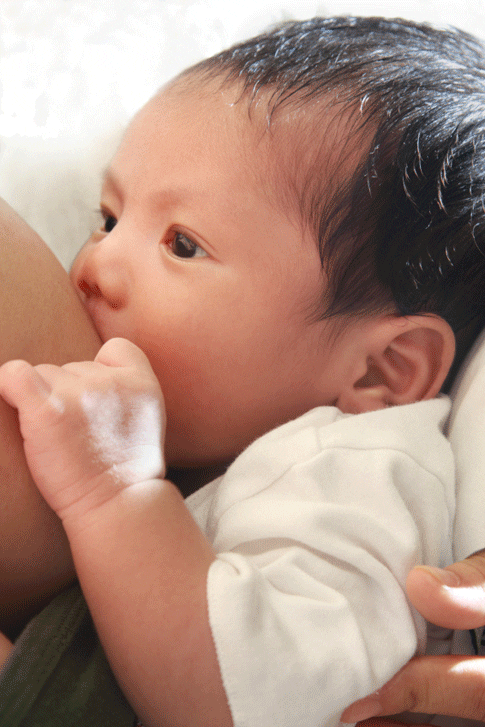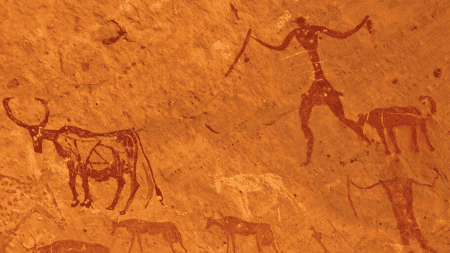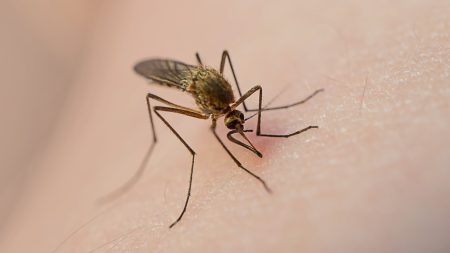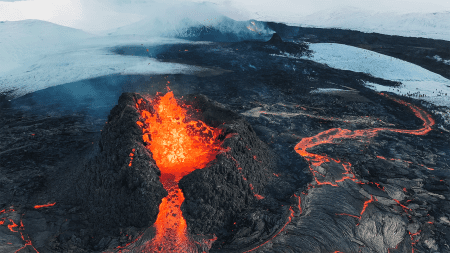For most of us, procuring a gallon of milk requires only a quick trip to the corner store. Breastfeeding mothers, on the other hand, need an estimated 30 percent more energy to keep a newborn nipper happy with fresh mama juice. Eating like a horse and lazing about are two ways to offset this extra energy demand, but another factor may contribute as well. According to a new study, support from family may play a key role in helping mothers conserve energy and therefore allow their bodies to prepare more quickly for another pregnancy.
The study, led by Barbara Piperata, assistant professor of anthropology at Ohio State University, examined the postpartum practices of new mothers in the Brazillian Amazon. In this culture, women observe resguardo, a period of 40 or 41 days after birth during which they are restricted from performing strenuous household tasks. “Humans out-produce other primates. So we are examining to what degree this is related to our cultural flexibility,” said Piperata.
She found women who had social support during lactation were able to avoid subsistence work for a long period of time, lowering their energy expenditure. They also had help meeting their dietary needs, especially during the early period of lactation. The women who did not have social support had a more difficult time meeting their caloric needs and suffered a great deal.
“We know that negative energy balance on the body lowers a female’s ability to get pregnant. If humans mediate that, have social support, and are able to maintain or even achieve a positive energy balance, they can get pregnant faster. From an evolutionary perspective and fitness, that’s important,” Piperata said.
Humans: 1. Apes: 0.









